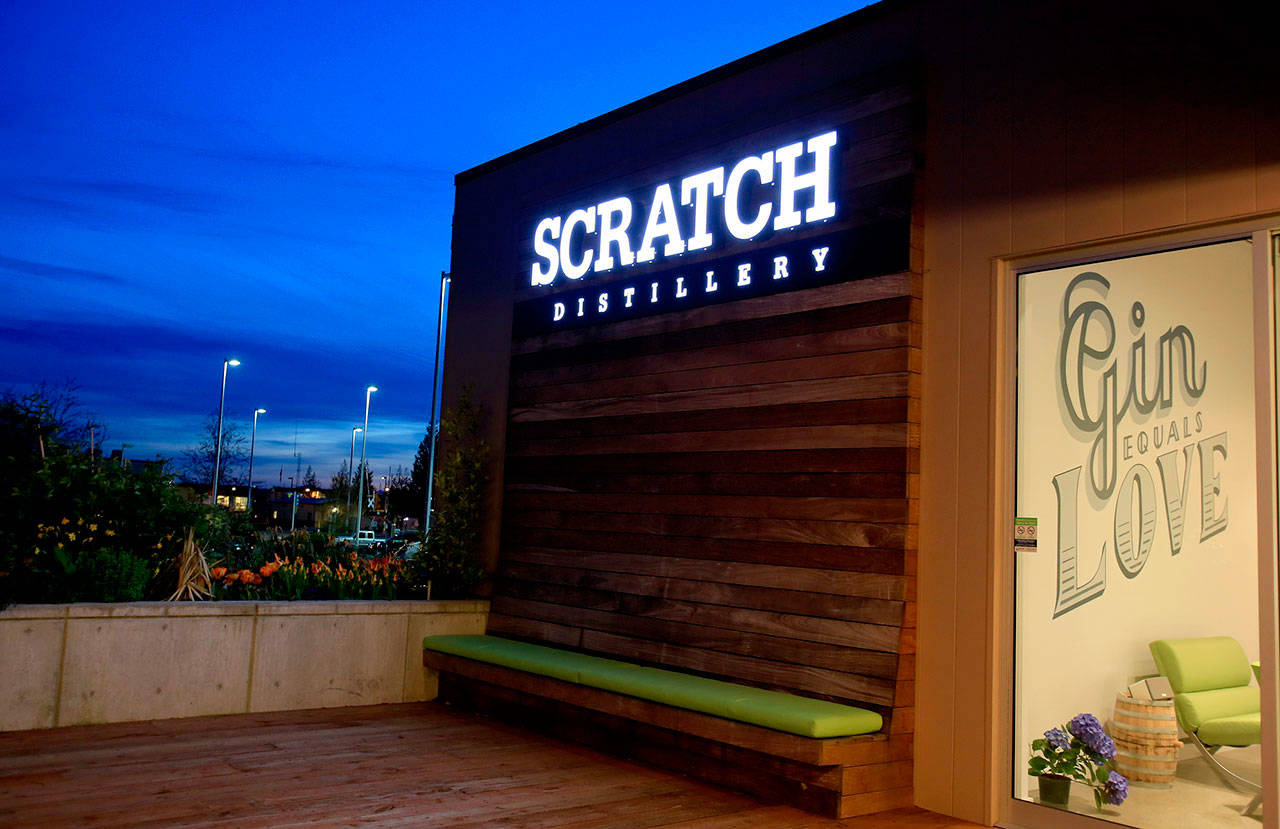By The Herald Editorial Board
One vestige of the paternalistic attitude that American Indians were being benevolently protected by their “great white father in Washington,” could soon be tossed aside.
Although the decision on the availability and sale of alcohol on reservations has long been left for individual tribal governments to make, a law passed in 1834 has remained on the books that requires the federal government to “break up” and destroy any alcohol distillery on tribal lands; one imagines with bats and axes swinging at stills and barrels.
Legislation in Congress would erase that antiquated law and allow American Indian tribes to own and operate distilleries and breweries on their reservations and properties. The House bill, sponsored by Rep. Jamie Herrera Beutler, R-3rd District, was adopted last week and was sent to the Senate for consideration, where Washington’s Democratic Sens. Patty Murray and Maria Cantwell have sponsored similar legislation, the Columbian reported last week.
The legislation was sought by the Chehalis Tribe, which wants to build a brewery and distillery on its lands near Grand Mound. Holding about a fourth of the acreage compared to that of the Tulalip tribes, the Chehalis Tribe views the the brewery and distillery as important to its economic development, said its chairman Harry Pickernell Sr., in a press release following the introduction of the Senate legislation.
“It will allow the Chehalis Tribe to pursue its economic development efforts that have proven beneficial, not only to the tribe and its members, but also to the surrounding non-Indian community,” Pickernell said.
All three lawmakers pursued the bill out of a sense of basic fairness and the desire to give tribes new opportunities for economic development.
“Getting this outdated law off the books is an important step to supporting tribal self-determination and economic development in Indian Country,” Cantwell said in a press release in June. “When Native American entrepreneurs have the opportunity to create businesses, they thrive and strengthen the communities around them.”
The Senate needs to follow the lead of the House and send the bill onto the president for his signature.
Keeping the 19th-century law on the books will do nothing to address the serious issue of alcoholism within tribal communities. In fact, it may have been part of an attitude that has prevented alcoholism from being effectively confronted for so long.
The assumption — joined by the companion stereotype of the “drunk Indian” — has been that alcoholism is more prevalent among American Indian communities than in other communities. And some statistics certainly point to problems, including a 2015 National Survey on Drug use and Health that found about 9 percent of Native Americans, ages 12 and older, were current heavy alcohol users and about 6.6 percent reported binge drinking in the previous month.
But another study, published by the journal Drug and Alcohol Dependence and discussed in a 2016 Washington Post story, raises questions about those assumptions and found comparable rates of heavy drinking and binge drinking among American Indians and white counterparts.
When adjusted for income and education levels, about 17 percent of both white and Indian respondents reported binge drinking, more than four drinks in a day, while heavy drinking rates — sustained binge-drinking — were about 8.3 percent among American Indians and 7.5 among whites.
In fact, the study found, about 60 percent of Indians reported abstaining from alcohol altogether, while 43 percent of whites identified themselves as nondrinkers.
Rather than a greater prevalence of drinking among tribal members, the report suggested, the effects or alcohol abuse may have been compounded, and thus appear more prevalent, in tribal communities because of other factors such as poverty, other health issues and long-festering cultural losses and historical traumas.
Tribal communities will need to continue their work to address alcoholism and drug addiction, just as all communities outside reservations need to do the same.
But an antiquated law that denies tribes the potential economic benefits of craft breweries and distilleries that are already providing jobs in communities outside of reservations will only continue an outdated attitude that should have died with the myth of the “great white father.”
Talk to us
> Give us your news tips.
> Send us a letter to the editor.
> More Herald contact information.

























